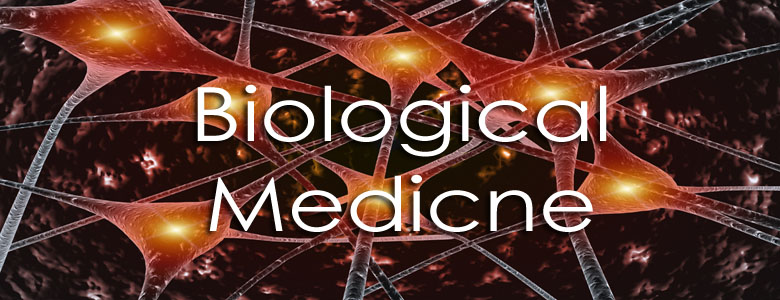"Holistic" is one of those new-age health buzz words that are regularly tossed around in non-fiction books and on the internet, but what does it really mean? If you find that daily stressors has put you in the mood for a new age method of managing your health, you might look into the holistic approach. This article will outline the basics of the holistic approach and how it is different from the traditional Western medicine approach so that you can determine if such a system is right for you.
Full definition of 'Holistic'
The holistic approach is based on the belief that the whole is more than just the sum of its parts. From a health perspective, that means if you are having problems with your foot, that foot problem is not necessarily caused by an injury to your foot but could be the result of something out of whack somewhere else in your body. Therefore in the holistic approach your body must be treated as a whole, rather than just giving your your foot an anti itch cream.
The holistic approach has been applied to many different scientific fields, such as business, anthropology, ecology, philosophy, sociology, economics, and even architecture. However, by far the most popular in the common mind is its application to medicine. In holistic medicine, dentists would be expected not just to look after teeth, but also to use their intuition and their knowledge of the patient's social life to make a whole-body diagnosis for what ails them.
So you see, holistic medicine does not just take into account the physical body, but also the various pressures exerted on it from outside. To a holistic medical practitioner, a patient's life as an executive or athlete, his or her social circle, sleep patterns, spiritual beliefs, and environmental factors should be taken into account when attempting to diagnose a malady such as a cold, which makes holistic medicine a much more complicated and intuitive practice than traditional western medicine.
Because it is so complicated to take into account all these factors when making a diagnosis, it is much easier to simply maintain your already good health by employing a holistic approach to balancing the various factors in your life. Therefore a consultation with a holistic practitioner or a book on holistic medicine might result in reducing your caffeine intake, taking time out to relax, or even keeping a dream diary.
| 